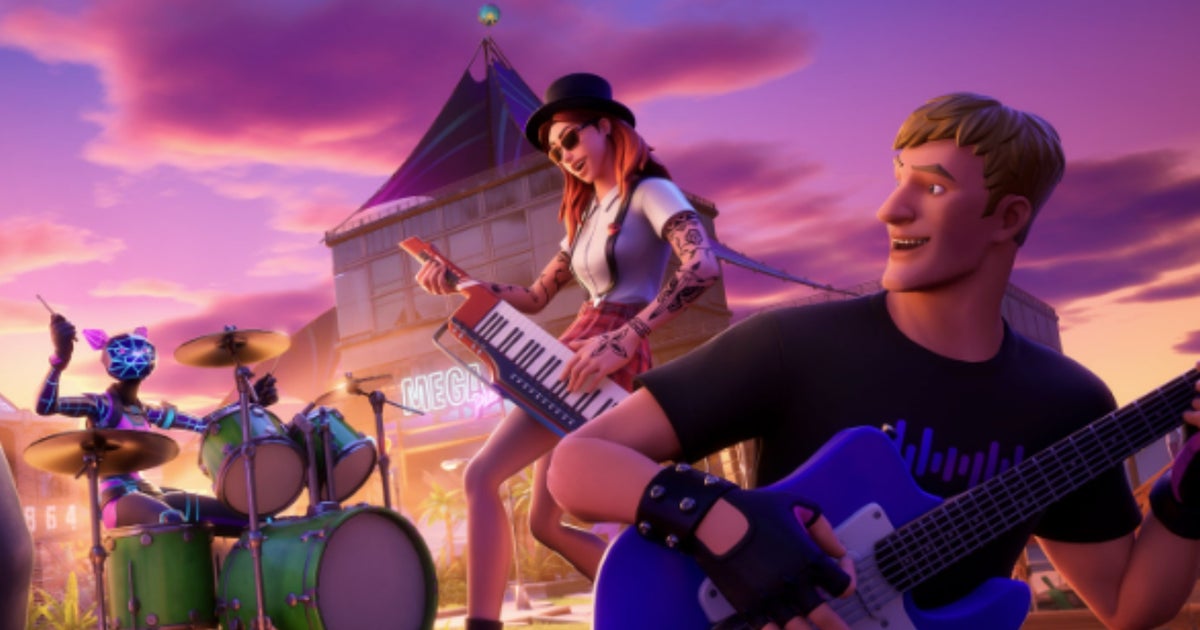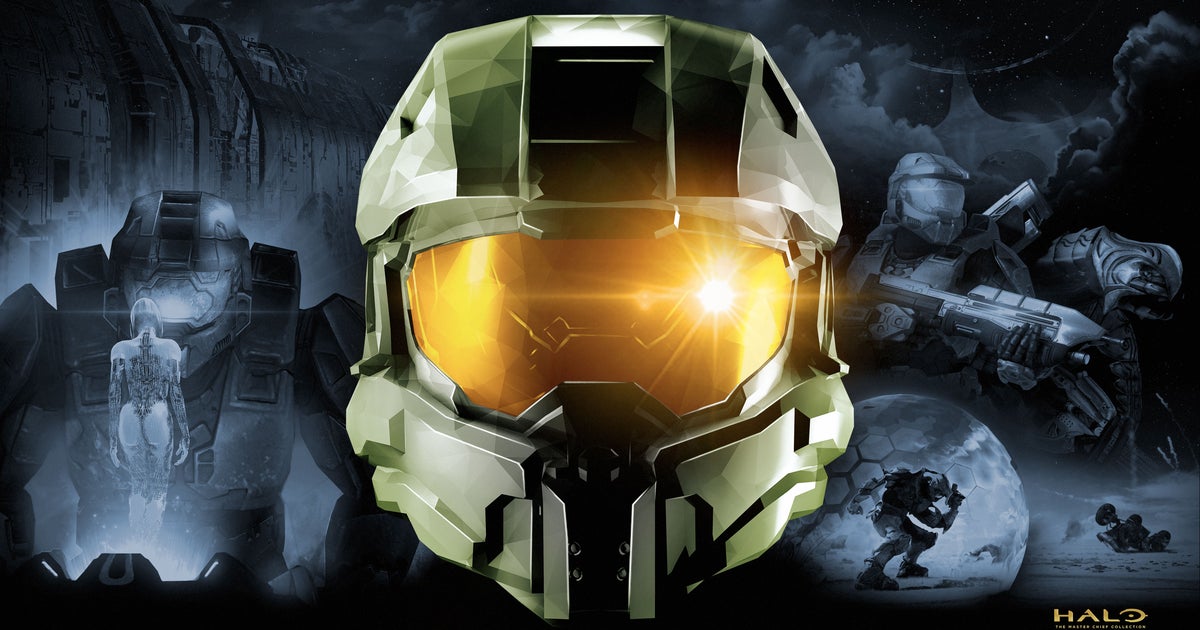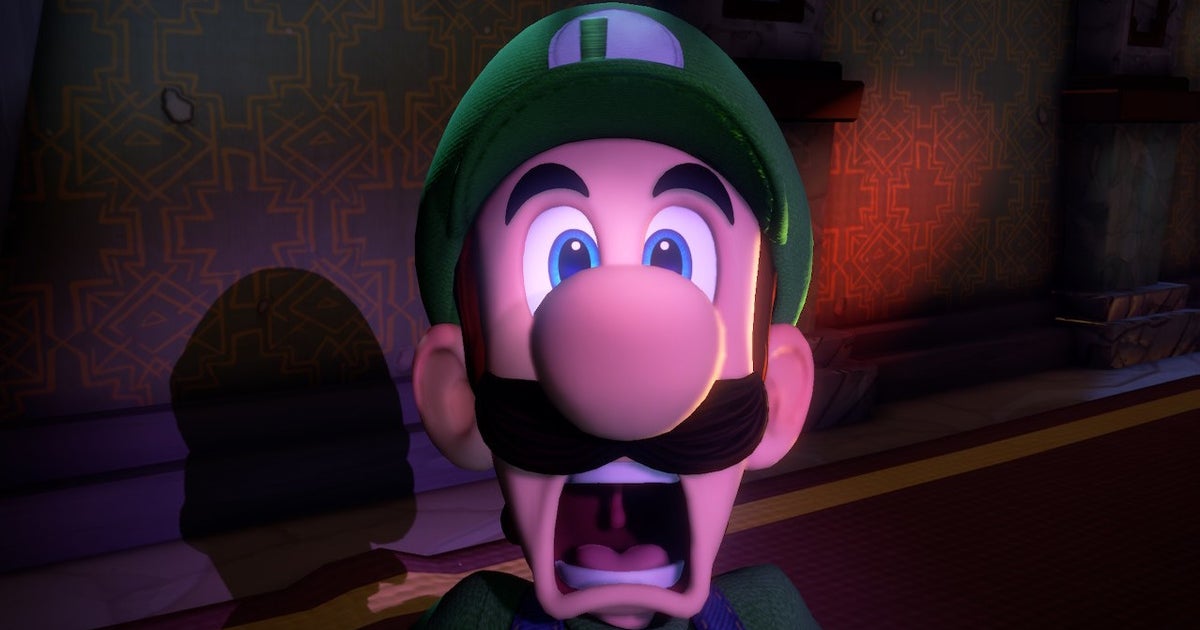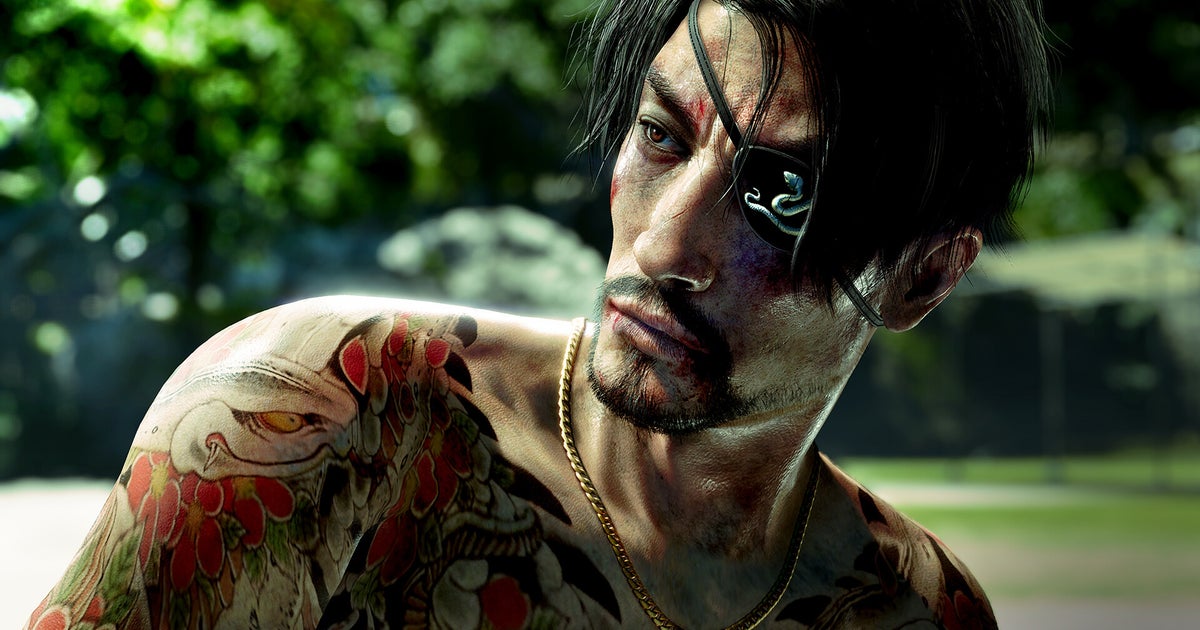Assassin's Creed franchise boss Marc-Alexis Coté has addressed the online backlash which has swirled around the main characters of Assassin's Creed Shadows, the subsequent impact it has had on the game's development staff, and the attempts by bad faith commenters to disrupt and dissuade creative teams from telling stories featuring diverse and inclusive characters in general.
Speaking tonight in London, at an event organised by BAFTA and attended by Eurogamer, Coté offered a full-throated defence of his team's work on Shadows which has come under such notable criticism this year, particularly over the inclusion of Black samurai Yasuke as one of the game's two protagonists. Coté has addressed the subject previously, in particular when the subject was commented on negatively by X owner and billionaire Elon Musk, but never before in such an impassioned manner, in so much detail, at such length.
Discussing the current "shifting cultural landscape", Coté described the current "discussions around representation and inclusivity in media" as an additional and previously unforeseen challenge. "These conversations can influence how our games are perceived, but rather than shy away from those conversations, we should see them as an opportunity," he explained.
"Assassin's Creed has always been about exploring the full spectrum of human history, and by its very nature, that history is diverse. Staying true to history means embracing the richness of human perspectives - without compromise. For example, in Assassin's Creed Shadows, we highlight figures, both fictional like Naoe, a Japanese woman warrior, and historical, like Yasuke, the African born samurai. While the inclusion of a Black samurai in feudal Japan has sparked questions and even controversy, Naoe, as a fictional character, has also faced scrutiny for her gender.
"But just as Yasuke's presence in Japanese history is fact, so too are the stories of women who defied societal expectations and took up arms in times of conflict," Coté continued. "So while both Naoe and Yasuke's stories are works of historical fiction, they reflect the collision of different worlds, cultures and roles, and their inclusion is precisely the kind of narrative that Assassin's Creed seeks to tell, one that reflects the complexity and interconnectedness of our shared history.
"We've consistently introduced protagonists from diverse racial, ethnic and gender identities.""And this isn't new ground for the franchise," he noted. "From Altair to Aveline de Grandpré to Ratonhnhaké:ton [the protagonists of Assassin's Creed 1, Liberation and Assassin's Creed 3 respectively], we've consistently introduced protagonists from diverse racial, ethnic and gender identities. History is inherently diverse, and so is Assassin's Creed and the stories we tell. So to be clear, our commitment to inclusivity is grounded in historical authenticity and respect for diverse perspectives, not driven by modern agendas."
Coté's tone seemed notably different to Ubisoft's last, vague mention of "polarised comments" by company boss Yves Guillemot, who raised eyebrows in September when he told investors that Ubisoft was "an entertainment-first company, creating games for the broadest possible audience, and our goal is not to push any specific agenda". Guillemot's comments followed a similarly vague blanket apology by Ubisoft for "some elements in our promotional materials [that] have caused concern within the Japanese community" which also stated that "while Yasuke is depicted as a samurai in Assassin's Creed Shadows, we acknowledge this is a matter of debate and discussion". Guillemot had previously condemned the "malicious and personal online attacks" directed at Shadows' development team in the wake of the game's reveal.
"Alongside these deep-rooted franchise values is our commitment to recognise and listen to legitimate criticism as an essential part of the creative process," Coté said tonight. "Our community helps us grow, evolve and deliver better games. Today, we all however face the added challenge of distinguishing between genuine feedback and attacks driven by intolerance.
"The current climate is tough on our creative teams," he continued. "They face lies, half truths and personal attacks online. When the work they pour their hearts into is twisted into a symbol of division, it's not just disheartening, it can be devastating. What keeps me going is the resilience born out of conviction that I see in our teams every day. I am especially proud of the Shadows team for staying true to their creative vision and the core tenets of Assassin's Creed.
"Our creative teams face lies, half truths and personal attacks online.""By choosing Naoe and Yasuke as protagonists, we are expanding the narrative landscape, offering new points of view that challenge established norms found in many works of fiction, while staying true to the history that shaped them. At the end of the day, Assassin's Creed is not just a franchise, it's a platform for entertainment, dialogue, discovery and understanding. Our commitment isn't just about reflecting on the past, it's about ensuring that the stories we tell continue to unite, inspire and challenge players, regardless of their background, and we'll continue to stand by these values because they are central to the heart of the franchise, and I believe, to the future of storytelling itself. Ultimately, we believe that the diversity and richness of the human experience is what helps Assassin's Creed resonate with players across the globe, and we're committed to standing firm on that foundation."
Coté noted that Assassin's Creed has featured universal themes "like resistance to tyranny and the preservation of knowledge and identity" since its outset, and that it has always featured an opening message acknowledging the game as a work of fiction created by a team diverse in both its backgrounds and beliefs. "From the very beginning, Ubisoft has embraced this diversity," Coté said. "Assassin's Creed is more than just a game. It can be a platform for meaningful exploration and reflection wrapped in the excitement of unforgettable gameplay, and it is that fusion of creativity, diversity, immersion and fun that continues to define the franchise and connect it with players around the globe."
Coté closed with a broader reflection on the stifling of creative freedoms more generally, as cultural differences become ever more divisive.
"Today, the stakes are higher," Coté said. "The stories we tell, the characters we create and the game worlds we build are instrumentalised by those who seek to silence creativity, to stoke fear and incite hatred. I believe we are facing what [author] Fareed Zakaria calls an 'Age of Revolution', a time when the real conflict is not between the left and the right, but between societies that close themselves off and those that open themselves up to the world. Throughout history, it's the open societies that have always eventually prevailed. While there may be setbacks over years or even decades, it is openness that has continually pushed humanity forward.
"When we self-censor in the face of threats, we hand over our power, until freedom and creativity wither away.""This echoes the selfless bravery of our Assassin's Creed protagonists," he continued. "They fought for freedom, knowledge and the right to chart their own paths, just as we, as creators, fight to tell stories that matter in a world that grows increasingly divided. As the authors of 'How Democracies Die' so powerfully stated, democracies crumble when good people decide to stay silent. The same is true, I think, of our creative freedom when we allow fear to stifle our voices. When we self-censor in the face of threats, we hand over our power, piece by piece, until freedom and creativity both wither away. We cannot let that happen. It's time for us as creators to stand firm on our commitment to our values, by telling stories that inspire, that challenge and that help people connect. Our silence cannot become complicit.
"To our players - the ones who have stood by us, supported us and celebrated our work over the years with enthusiasm and constructive feedback - this stance is for you," Coté concluded. "You are the heart of our journey. We create for you, and your support fuels our creativity and strengthens our resolve to keep pushing boundaries, to tell stories that matter. This journey is yours as much as it is ours, and I thank you for being with us every step of the way. I'm an optimist and a dreamer. I believe that the answer to hate is to continue creating experiences that celebrate the richness of our world and capture the magic of our collective imagination, because in the end, creativity is stronger than fear, and together, we are creating the future of entertainment."
Eurogamer previously sat down with Assassin's Creed Shadows' art director Thierry Dansereau to discuss the game's adaption of Japanese culture, social media pressures and Ubisoft's controversial apology. "Of course we're making creative choices," Dansereau told me. "It's a video game."

 2 months ago
105
2 months ago
105








![Anime Reborn Units Tier List [RELEASE] (November 2024)](https://www.destructoid.com/wp-content/uploads/2024/11/anime-reborn-units-tier-list.jpg)
